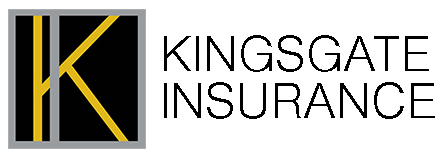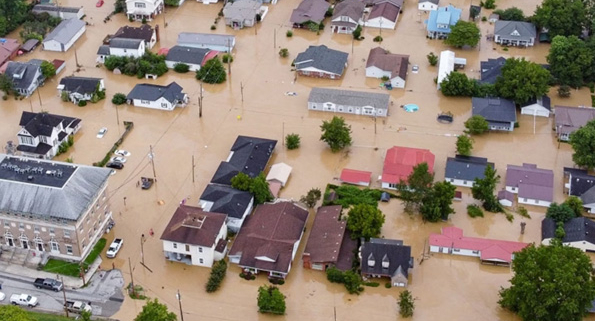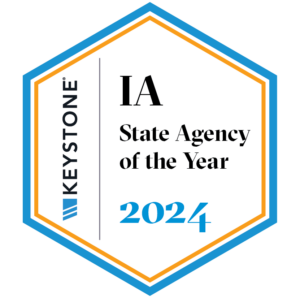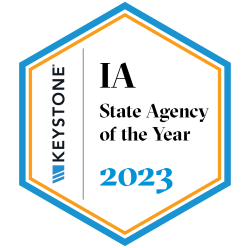Understanding the Difference: Flood Insurance vs. Sewer and Water Backup Coverage
When it comes to protecting your home and belongings from water damage, understanding the different types of insurance coverage is essential. Two common types of coverage that homeowners often confuse are flood insurance and sewer and water backup coverage. While both provide protection against water damage, they cover very different scenarios. Here’s a closer look at the differences between flood insurance and sewer and water backup coverage, and why you might need both.
Flood Insurance
Definition: Flood insurance is a specific type of insurance designed to cover losses caused by flooding. Flooding is defined by the Federal Emergency Management Agency (FEMA) as “a general and temporary condition of partial or complete inundation of two or more acres of normally dry land area or of two or more properties.”
Coverage: Flood insurance typically covers:
- Structural damage to your home, including the foundation, electrical and plumbing systems, and HVAC systems.
- Personal property and belongings, such as furniture, clothing, and appliances.
- Debris removal and cleanup costs.
Exclusions: Flood insurance generally does not cover:
- Damage caused by moisture, mildew, or mold that could have been avoided by the property owner.
- Additional living expenses, such as temporary housing, while your home is being repaired.
- Cars and other vehicles (these are usually covered under auto insurance).
Purchase: Flood insurance is not included in standard homeowners insurance policies and must be purchased separately through the National Flood Insurance Program (NFIP) or a private insurer.
Need: Flood insurance is crucial if you live in a flood-prone area or a region designated as a high-risk flood zone. Even if you live in a low-to-moderate risk area, flooding can still occur due to heavy rains, hurricanes, or rapidly melting snow.
Sewer and Water Backup Coverage
Definition: Sewer and water backup coverage is an add-on to your homeowners insurance policy that provides protection against damage caused by the backup of water or sewage into your home.
Coverage: Sewer and water backup coverage typically covers:
- Water damage to your home’s structure and personal property caused by a backed-up drain, sewer line, or sump pump.
- The cost of cleaning up the mess and making necessary repairs.
Exclusions: Sewer and water backup coverage generally does not cover:
- Flooding from natural disasters (this is covered by flood insurance).
- Damage that could have been prevented through regular maintenance and upkeep of the plumbing system.
Purchase: Sewer and water backup coverage is an optional endorsement that you can add to your existing homeowners insurance policy. The cost varies depending on your location, the age of your home, and the amount of coverage you select.
Need: Sewer and water backup coverage is particularly important if you have a basement or if your home’s plumbing system is susceptible to blockages and backups. Heavy rain, aging infrastructure, and tree root intrusion can all contribute to sewer and water backups.
Why You Might Need Both
While flood insurance and sewer and water backup coverage protect against different types of water damage, having both can provide comprehensive protection for your home. Here’s why:
- Different Scenarios: Flood insurance covers large-scale flooding events, whereas sewer and water backup coverage protects against localized water damage from plumbing issues.
- Peace of Mind: With both coverages in place, you can rest assured that you’re protected against a wide range of water damage scenarios, from natural disasters to plumbing mishaps.
- Financial Protection: Repairing water damage can be costly. Having both types of coverage ensures that you won’t be left shouldering the financial burden alone in the event of water damage.
Conclusion
Understanding the difference between flood insurance and sewer and water backup coverage is key to ensuring your home is adequately protected. Evaluate your risk factors, consult with your insurance agent, and consider adding the necessary coverages to your policy. At Kingsgate Insurance, we’re here to help you navigate your insurance options and find the best solutions to keep your home safe and secure.
If you have any questions or need assistance with your insurance needs, don’t hesitate to reach out to our knowledgeable team at Kingsgate Insurance. We’re dedicated to providing you with the peace of mind that comes from knowing your home is fully protected.







Leave a Reply
Want to join the discussion?Feel free to contribute!